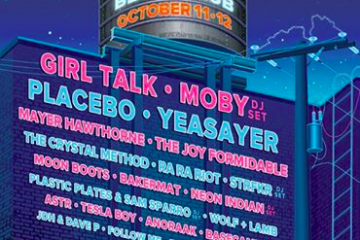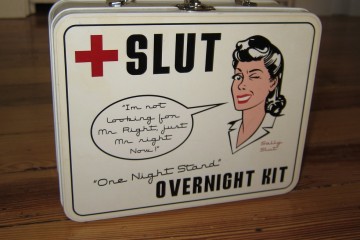The Hong Kong Protests: What US Idealists Can Learn from the Brave People Under the Umbrella
Last week, I spoke about the People’s Climate March and my disdain for corporate sponsored parties disguised as demonstrations. Lest I be viewed as nothing more than a cranky naysayer, I want to highlight a protest movement with real vision and brilliant tactics. Hopefully some of the idealists here in the US can learn from their comrades in Hong Kong.
The Occupy Central movement, better known here as the Hong Kong protests, were born out of frustration with the central government of China. Hong Kong, having a different political system than the rest of mainland China, has historically had free and open elections due to agreements made when the British ceded control of the territory to Beijing. Trying consolidate power, Beijing has decided that it will continue to allow elections (something not permitted in the rest of the country) but only with candidates pre-approved by the Communist party. Needless to say, many citizens in Hong Kong were not pleased and took to the streets.
What makes Occupy Central a shining example of civil disobedience in its most elevated form, are its concise and organized demands voiced through persistent nonviolent direct action. The people on the street know what they want and exactly how they plan to achieve it.
Organized by student leaders on the ground, the demonstrators offer two very achievable ultimatums to their central government; that Beijing allow the people of Hong Kong to choose their local candidates without vetting, and that the current top administrator of Hong Kong immediately resign.
To impress their petitions on the powers that be, the Hong Kong protesters have shut down the city’s main thoroughfares and have threatened to go on and occupy government buildings if they are not appeased. Throughout this demonstration, protesters have remained nonviolent and respectful of police and the city. Going so far as to shield police from rain with their ubiquitous umbrellas, which have become a symbol of the movement, and collect all refuse left behind by the rally.
They have done all of this in the face of one of the world’s most politically repressive regimes. Facing tear gas, rubber bullets and arrest, they have stood strong and, by most accounts, have grown more emboldened.
Compare this with the major protest movements we have seen at home. Take Occupy Wall Street and the People’s Climate March, for example. Does anyone have any idea what these people wanted? Reduce income inequality and reduce carbon emissions? Very lofty ideals but where is the road map for their realization? Also, what risks were these people willing to take to achieve their goals? Yes, people were roughed up and arrested in Zuccotti Park. Few faced any real consequences and even fewer were willing to take bold steps that would invite them. At the PCM they marched with a police cordon and the political and social elite. Both were a great time but failed to do anything meaningful. Worse, both were co-opted by elite interests to promote their own agendas.
Say what you will about the politics of the Occupy Central movement. I personally support the movement and wish it ultimate success. Your opinion, as well as mine, are largely inconsequential. What is important are the lessons to be gleaned from these brave men and women. If Americans ever hope to achieve real reform from our peoples’ movements, we should take our cue from our brothers and sisters under their umbrellas in Hong Kong.
Photo Credit: fcchk.org









